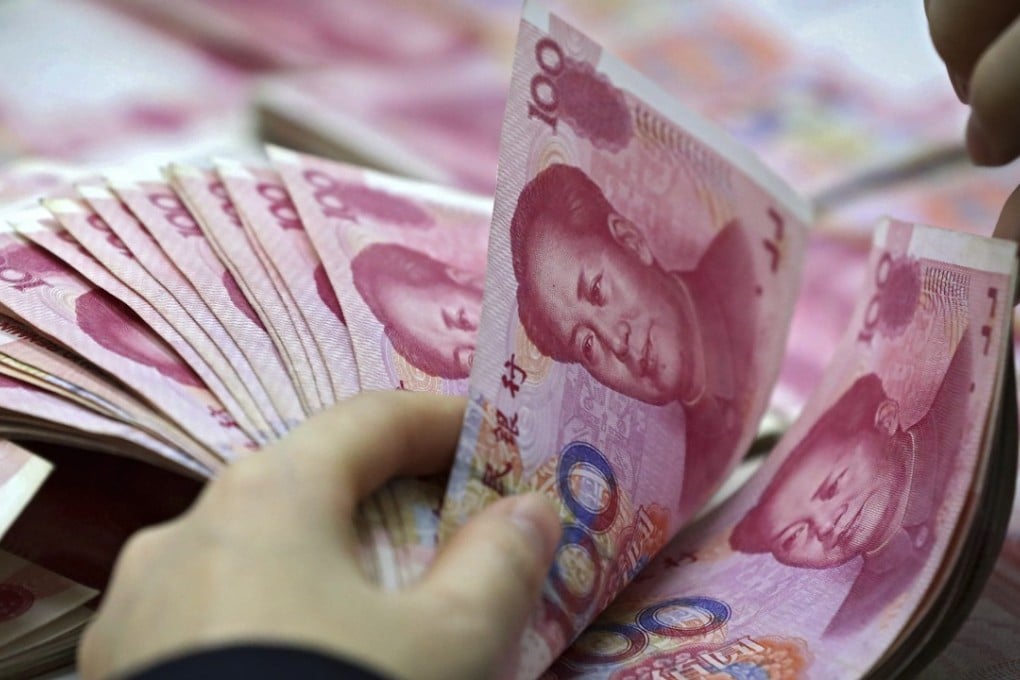Advertisement
Macroscope | How low can the yuan go? Signs from the Fed and China’s economy point to further declines against the US dollar
- Neal Kimberley says the Federal Reserve’s determination to raise rates and roll back quantitative easing means the dollar is unlikely to weaken
- When combined with weak Chinese economic data, especially concerning autos and homes, there is reason to anticipate further declines in the yuan
Reading Time:3 minutes
Why you can trust SCMP

“Never bet against the Fed” is an old financial markets adage, but it remains relevant. The Federal Reserve is set to stick to its plans to keep raising US interest rates. Any next leg of yuan weakness versus the US dollar is as likely to be driven by US dollar strength as by investor concerns about China.
Reasons to have material qualms about the Chinese economy will persist but it might be broader US dollar strength that primarily drives a higher dollar-yuan exchange rate, not yuan weakness. US dollar strength, alongside existing renminbi frailty, would be a powerful combination.
Admittedly, last week’s US midterm election results produced a more complicated political scene in Washington but the Fed’s policy statement on Thursday said US “economic activity has been rising at a strong rate”. As US bank Wells Fargo wrote after the announcement, “there was little in [the US central bank’s] statement that would suggest any change from the expectation for further gradual rate hikes”.
Advertisement
The prospect of higher US interest rates and the Fed’s continuing attempts to shrink the size of its own balance sheet, as it unwinds prior bouts of quantitative easing, should provide a solid platform for further US dollar appreciation, even if there have been political changes on Capitol Hill.
In truth, although the Democrats gaining control of the House of Representatives might well spell legislative gridlock in Washington, markets could conclude that such a scenario might support US asset prices, and by extension lend the US dollar some support. With US economic data broadly robust, markets could yet decide that the probable political gridlock bodes well for US equities.
Advertisement
Select Voice
Select Speed
1.00x
